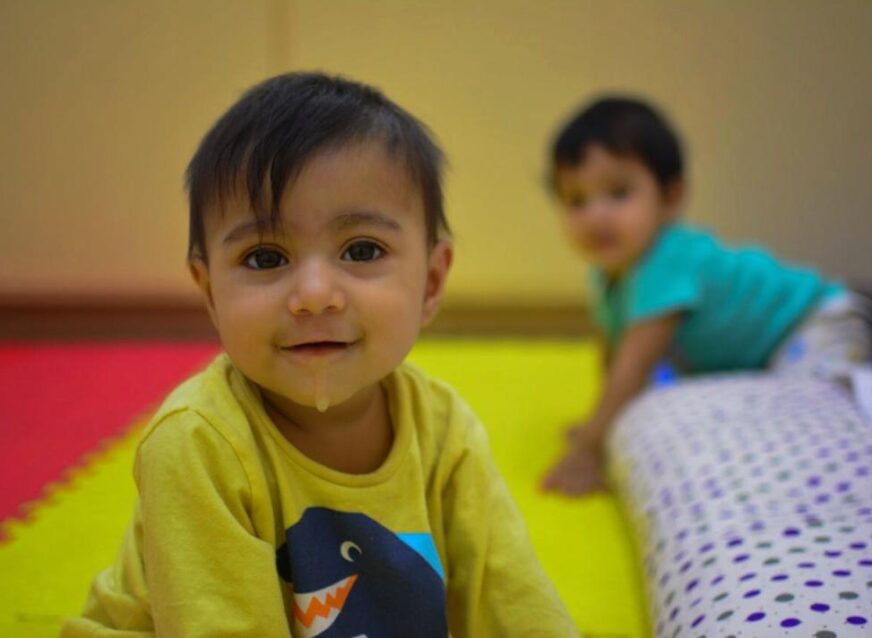
Is ‘Good Job’ Enough? What Kids Really Need to Hear
Is ‘Good Job’ Enough? What Kids Really Need to Hear
Good job!!!
We’ve all said it. A child finishes a puzzle, helps a friend, or draws a picture—and we respond with a cheerful, “Good job!” It feels encouraging, affirming, and positive. But what if this well-meaning phrase is doing less good than we think?
Over time, I’ve come to realize that “good job” can unintentionally limit a child’s growth. Here’s why—and what we can say instead.
Why Not Say “Good Job”?
While “good job” sounds supportive, it often lacks depth. It’s a generic praise that doesn’t tell the child what they did well or why it mattered. Worse, it can:
- Create praise dependency: Children may begin to seek adult approval rather than develop internal motivation.
- Shift focus from process to outcome: Instead of valuing effort, persistence, or creativity, they may focus on pleasing others.
- Interrupt intrinsic joy: A child who is deeply engaged in an activity may be pulled out of the moment by external judgment.
As Alfie Kohn, author of Punished by Rewards, puts it: “The more we say ‘Good job!’ the more children begin to rely on our evaluations, rather than learning to form their own.”
What I Now Realize About Saying “Good Job”
I used to think praise was always positive. But I’ve learned that how we praise matters more than how often. Children thrive when we:
- Notice their effort: “You worked so hard on that puzzle!”
- Describe what we see: “You used so many colors in your drawing.”
- Ask reflective questions: “How did you decide where to put that piece?”
These responses encourage children to think, reflect, and take pride in their own process—not just the result.
️ What to Say Instead
Here are some alternatives that foster growth, confidence, and self-awareness:
| Situation | Instead of “Good Job” Say… |
| Child finishes a drawing | “You really focused on the details—tell me about your picture.” |
| Child helps a friend | “That was kind. How did you know they needed help?” |
| Child builds something | “You figured that out! What was the trickiest part?” |
| Child persists through difficulty | “You didn’t give up even when it was hard. That’s impressive.” |
These phrases validate effort, spark conversation, and help children build internal motivation.
How to Break the Habit
Let’s be honest—it’s hard to stop saying “good job.” It’s automatic, culturally ingrained, and feels kind. But here’s how to shift:
- Pause before praising: Take a moment to observe what the child actually did.
- Describe, don’t evaluate: Focus on what you see rather than judging it.
- Ask open-ended questions: Invite the child to reflect and share.
- Practice mindful language: Keep a few go-to phrases ready to replace “good job.”
It’s not about never praising—it’s about praising in a way that empowers.
Final Thought
Children don’t need constant applause. They need connection, curiosity, and confidence in their own abilities. When we move beyond “good job,” we give them something far more valuable: the tools to understand themselves, trust their instincts, and grow into thoughtful, motivated individuals.
So next time you feel the words “good job” rising to your lips, pause—and try something deeper. You might be surprised by the richness of the conversation that follows.











